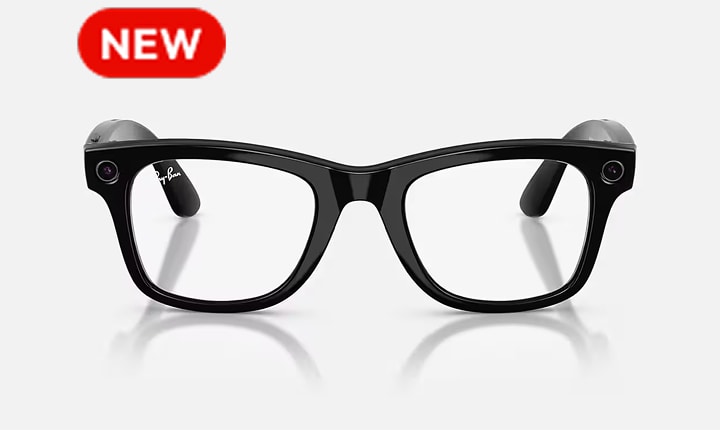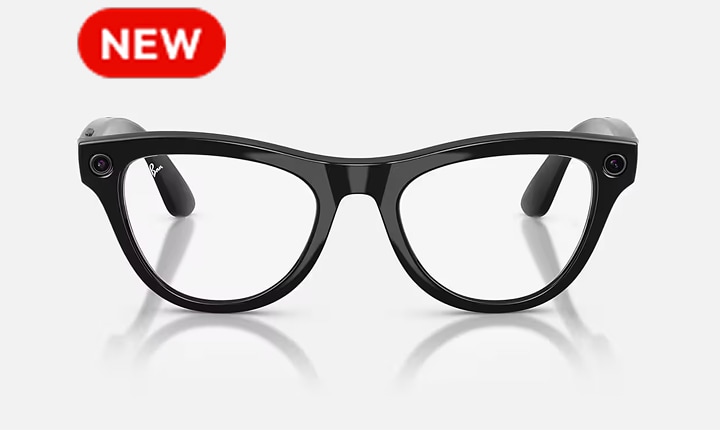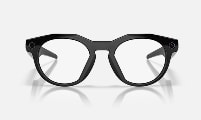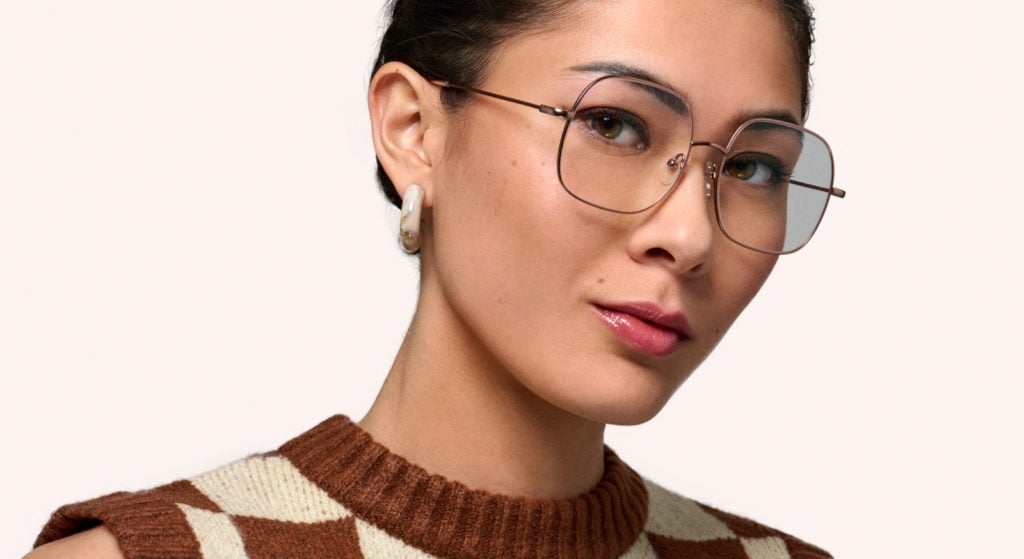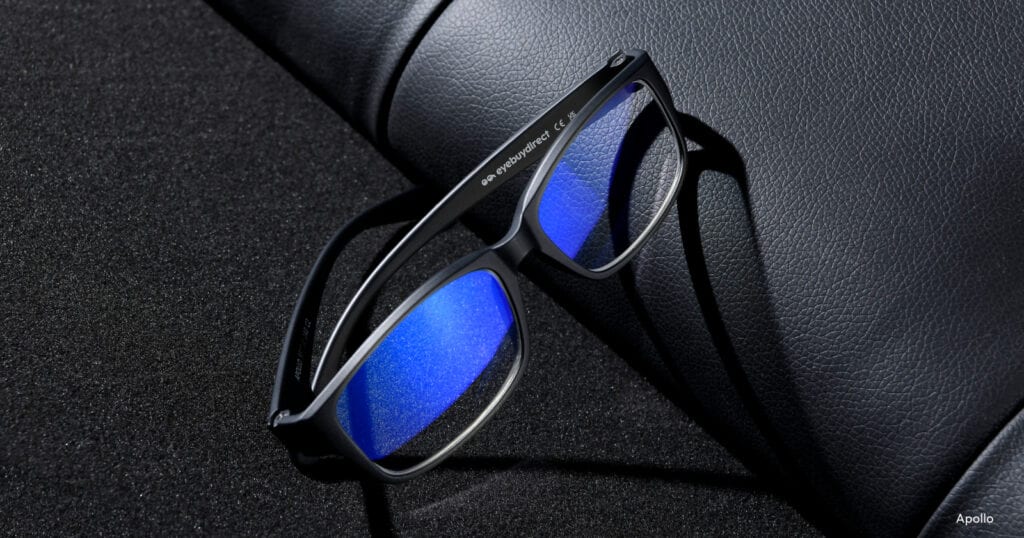Why Carrots Are Good for Eyes
It’s no secret that fruits and vegetables are an important part of a balanced diet. They contain vitamins and minerals that support everything from your head to your toes. They promote healthy digestion, skin, cholesterol, and more. Eating your fruits and veggies can also help lower your risk of heart disease and other serious conditions.
One vegetable in particular includes all these benefits: The carrot.
Carrots are full of nutrients, including dietary fiber, potassium, carotenoids, and vitamin A. Each of these helps to supplement your body and keep it functioning properly.
Your eye health is no exception. Carrots have been found to protect your corneas, lower the risk of developing certain eye conditions, and provide several other key benefits.
How Do Carrots Help Your Eyes?
Ever heard someone say that carrots are good for your eyes? They were right! While there are numerous supplements in carrots, it’s the vitamin A and the carotenoids that are most beneficial to your vision.

Carotenoids are the antioxidant pigments that give carrots their orange color. Carotenoids support the functionality of your vision and may help lower your risk of age-related macular degeneration.
Beta-carotene is considered a provitamin A carotenoid, or a precursor to vitamin A, because your body uses it to make vitamin A.
Vitamin A is important to your eye health and vision because it:
- Protects and nourishes your corneas
- Helps prevent dry eye
- Fights eye infections
- Preserves peripheral vision
- Supports retina health
- Lowers your risk of developing cataracts and other eye conditions
A deficiency in vitamin A can be harmful to your vision, and can sometimes lead to:
- Vision loss
- Dry eyes
- Night blindness
- Corneal ulcers
Do Carrots Help Your Eyesight?
Yes, carrots support healthy eyes and vision through the variety of vitamins and nutrients they provide. But if you experience vision problems, carrots should not be seen as a miracle cure. You’ll need proper assessment, care, and guidance from your eye doctor. Don’t skip out on eye exams or wearing your glasses, no matter how many carrots you eat.
There are plenty of good sources of vitamin A — besides carrots — that you can include in your diet. Here are some other foods that are rich in vitamin A:
- Sweet potatoes
- Cantaloupe
- Pumpkin
- Leafy greens
- Eggs

Eating carrots and other nutrient-rich foods can help support your vision. But for some people, their diet may not provide enough vitamin A. Speak with your health care provider if you think you may have a vitamin A deficiency. Your doctor can recommend supplements to help you achieve the right nutrition levels for your personal health.
Do Carrots Help You See in the Dark?
Carrots can benefit your vision in many ways — but they can’t give you the power to see in total darkness. This is a myth that emerged during World War II.
In World War II, the British Air Ministry claimed that its pilots could see extraordinarily well in the dark because they were eating a large amount of carrots. They made this up to keep Germany from discovering that Britain was employing radar technology to stop bombers making nighttime raids.
This information was put out in press releases, and it convinced both the German military and the British public that eating extra carrots could lead to superior night vision. It’s been a popular (but inaccurate) belief ever since.
Even though eating carrots can’t give you “night vision,” there is a connection between vitamin A and night blindness.
The light-sensitive retina at the back of the eye relies on pigments produced by the eye to see in different light levels. If you have a vitamin A deficiency, your eyes don’t produce these pigments, and you may experience night blindness.
As the name suggests, night blindness makes it difficult to see well at night. Talk to your eye doctor if you find yourself struggling to see in the dark, or struggling to adjust to dim environments. If a vitamin A deficiency is the reason for your difficulty seeing at night, you may be able to relieve your symptoms with supplements and a well-rounded diet.
Maintaining Good Eye Health
There are many things you can do to keep your eyes and vision healthy. You should:
- Attend routine eye exams.
- Wear sunglasses with 100% ultraviolet (UV) protection.
- Practice healthy eating habits.
- Wear proper eye protection during sports, work, and other strenuous activities.
- Practice good hygiene when using contact lenses.
- Exercise regularly.
- Stop smoking.
Proper nutrition is essential for your overall health, and some vitamins and nutrients are especially good for your eyes. Talk to your eye doctor to learn which foods are best for your eye health, and schedule an appointment if you have any concerns about changes in your vision.







